Lay Description
Hospitals collect data about patients to facilitate good care: to diagnose, assess, monitor, and personalise care. However, hospitals do not currently make maximum use of this data, and opportunities are being missed to improve care further.
This study will use data that has already been collected as part of routine care to look for new patterns that may improve care further. The research will extract clinical data from hospital systems and place it in the Wessex SDE. The major focus will be looking at data to create an improved Early Warning Score (EWS) for detecting when patients are getting worse.
Currently hospitals use National Early Warning Score v2 (NEWS2) which uses a snapshot of 7 vital signs. It does not learn over time, nor does it use other digitally available data such as blood results, pre-existing diagnoses, and demographic data.
We will use machine learning (ML) techniques (already under development) to create a new EWS. However, there are many questions that need answering before such a score could be used in clinical practice. The research will address many of these. We will also:
- Study the health economic implications of an improved EWS for a health service
- Address questions about the acceptability of ML to Health Care Professionals, and how best to present any new score to users.
- Study other aspects of care such as factors affecting length of stay, risk of readmission, and can they be predicted early during an admission with accuracy.
Overall, this could have significant benefits for patient flow and the timely delivery of urgent care for new admissions.


